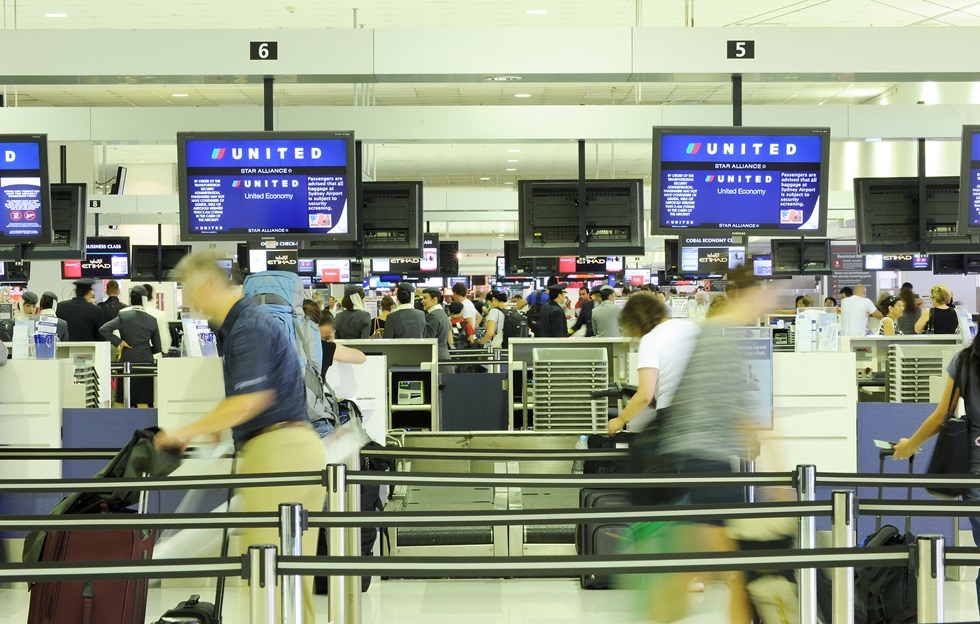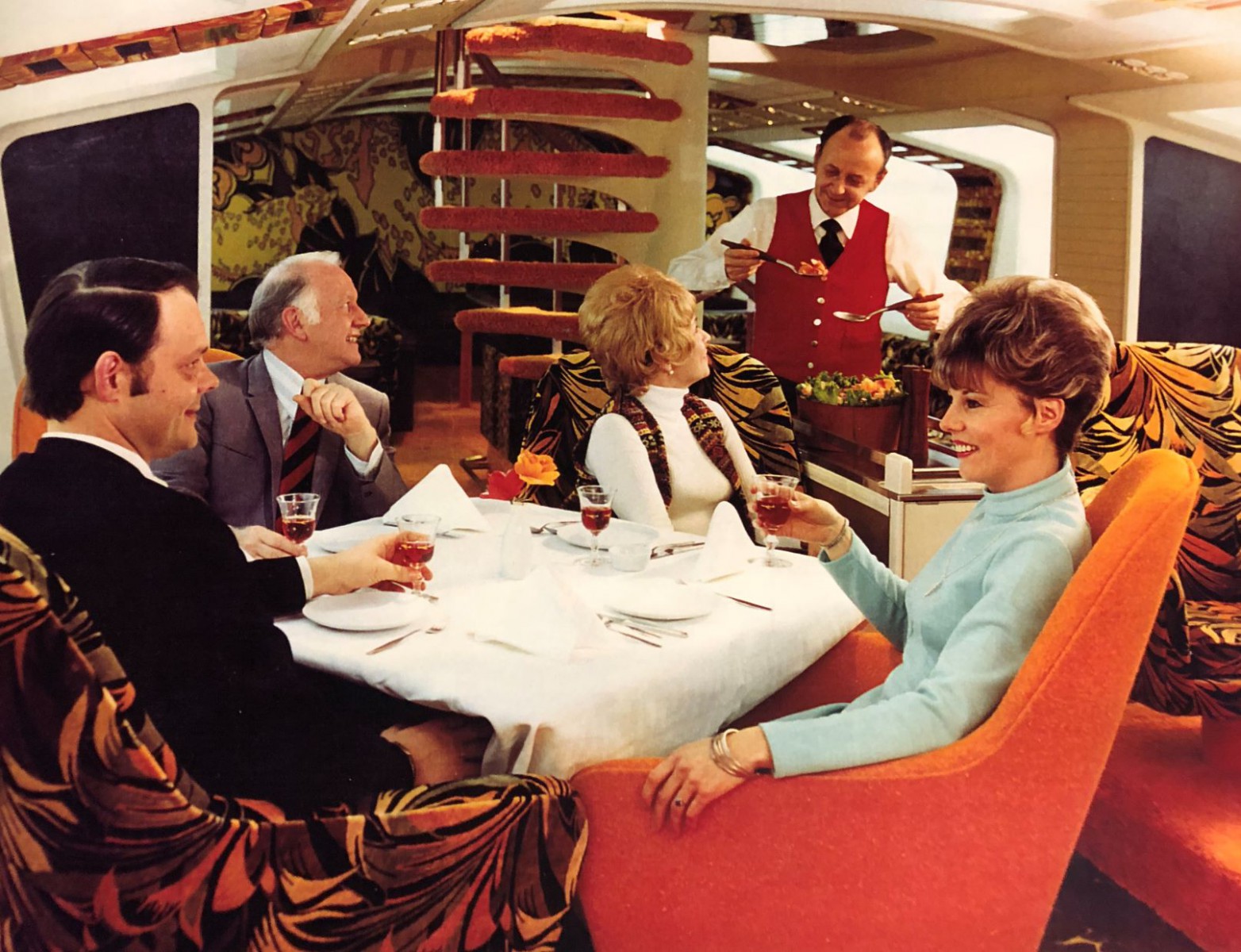Aussie report endorses light airport regulation, calls for greater scrutiny
05 February, 2019
4 min read


Airport regulation in Australia has been given a provisional thumbs up by the nation’s Productivity Commission but operators have been warned they face a heavier regime if they attempt to price gouge.
The Productivity Commission said in a long-awaited draft report on the economic regulation of airports that the light-handed approach to airport regulation had performed well.
The commission recommended that the pillars of the existing system should remain in place but called for reforms to allow the Australian Competition and Consumer Commission to better scrutinize operational and financial performance at the nation’s four major airports.
The report found the four big airports — Sydney, Melbourne, Perth and Brisbane — operated efficiently by world standards and had not systematically exercised market power to the detriment to the community.
It said each had generated returns sufficient to promote investment while not earning excessive profits.
READ: oneworld celebrates 20 years with branded lounges, easier connections.
The findings are a setback for airlines which had been campaigning vigorously to convince the commission to boost regulation on the grounds the airports were monopolies making excessive profits.
But there was also a shot across the bows of the four airports.
While the commission found most indicators of the airports’ operational and financial performance were within reasonable bounds, it said some could present cause for concern if considered in isolation.
“The current form of economic regulation remains fit for purpose although more scrutiny of Australia’s four busiest airports is justified to ensure prices paid by airlines and passengers do not lead to monopoly profits,’’ Commissioner Paul Lindwall said in releasing the draft report Wednesday.
“The Commission has concerns about some aspects of the performance of the four monitored airports and would not hesitate to recommend more heavy-handed regulation if they use their market power to charge excessive prices in the future.”
In a blow to motorists, the report found high car parking charges were not due to airports exercising their market power.
Instead, the price of parking at a terminal could largely be explained “by the value passengers place on convenience, the limited amount of land close to the terminal and the need to manage congestion”.
But the commission called for greater scrutiny of airport charges paid by transport operators such as those running independent car parks near the airport or ride-sharing services.
“Airports are able to boost demand for their car parks if charges for commercial vehicles to access the terminal precinct are too high,’’ Lindwall said.
Other concerns included charges paid by international airlines at Sydney and Brisbane airports
The commission said these were high compared to overseas airports and called for the four airports to separately report the revenues and costs of providing domestic and international services.
"For the final report we will be examining very closely the charges paid by international airlines to use airport services, like runways and terminals, at Sydney and Brisbane airports’, Lindwall said.
The report found some agreements between airports and airlines contained anticompetitive clauses that should be removed.
“On balance, commercial negotiations between airports and airlines give little cause for concern,’’ the report said.
“However, some agreements contain clauses that constrain an airline’s access to regulatory remedies for the exercise of market power and clauses that restrict an airport’s ability to offer incentives to airlines other than the signatory airline.”
Also under the commission’s microscope was the supply of jet fuel, which it said was “shrouded in secrecy” and dominated by four major oil companies.
“This has likely led to higher prices for jet fuel,” Commissioner Kenneth Baxter said. “The Commission needs more information to determine if there is a way to increase competition in jet fuel markets to push prices down.”
A potentially controversial recommendation was for a public review of Sydney Airport’s landing and take-off slot management scheme.
Although conceding the cap on aircraft movements at the airport restricted the impact of noise on nearby residents, the commission noted it reduced the airport’s efficiency.
It recommended the review consider potential reforms that looked at whether the slot system generated the greatest benefit to the community, whether slots were being used in accordance with the intent of the scheme and how it compared with global guidelines due to be completed this year.
Get the latest news and updates straight to your inbox
No spam, no hassle, no fuss, just airline news direct to you.
By joining our newsletter, you agree to our Privacy Policy
Find us on social media
Comments
No comments yet, be the first to write one.

